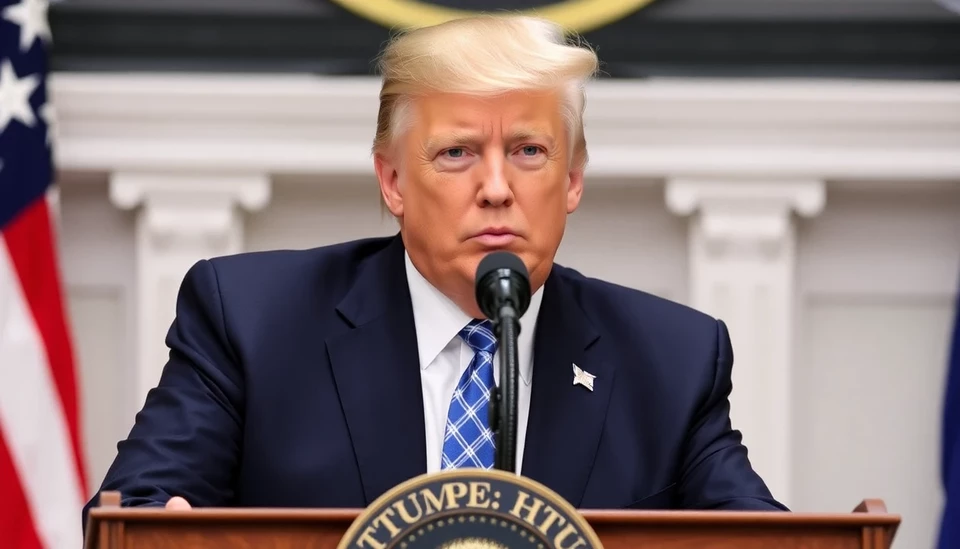
In a bold move indicating a shift back to strong trade policies, former President Donald Trump has appointed an influential figure to oversee his trade agenda. This announcement has generated considerable buzz as the new pick aims to bolster what many see as a necessary return to hard power in international economic relations.
The appointee, known for his firm stance on trade issues, has long advocated for a strategy that would prioritize American interests in its dealings with other countries. Analysts believe that under his leadership, the trade department could see a reevaluation of existing agreements and negotiations that may have previously favored foreign partners over U.S. businesses.
The new trade chief has articulated his commitment to reshaping the U.S. trade landscape by implementing a series of decisive policies aimed at protecting domestic industries and workers. His approach is rooted in the idea that America must regain its economic dominance through strategic partnerships and enforced compliance from trading partners.
This appointment comes at a time when global trade dynamics are rapidly evolving, with numerous countries vying for competitive advantages. Observers are keenly noting how this change in leadership might impact relationships with key trade allies and adversaries alike, particularly in light of the ongoing tensions surrounding tariffs and trade deficits.
The new trade czar has already hinted at potential changes to trade agreements that are currently under review. There is a suggestion that NAFTA and other bilateral agreements could face scrutiny, with proposals on the table for stricter regulations and conditions expected to favor American industries. This signals a departure from the more lenient trade policies of previous administrations.
Critics, however, have raised concerns about possible retaliatory measures from other nations, fearing that a return to more aggressive trade strategies could spark a new wave of tariffs and disputes, ultimately harming the global economy. Proponents, on the other hand, argue that such assertiveness is crucial for ensuring fair trade practices and protecting jobs in the United States.
The broader implications of this move suggest a potential realignment in U.S. foreign policy focusing on "America First" strategies that characterized Trump's original presidency. As the new trade leader dives into these responsibilities, stakeholders across the political and economic spectrum will be keeping a watchful eye on how these policies unfold.
As the landscape of international trade continues to change, this development holds immense significance for the future of U.S. economic policy. Whether this appointment will lead to a revitalization of American trade standing remains to be seen, but one thing is clear: the push for hard power in trade is back on the agenda.
Stay tuned as this story develops and we track the new appointee's promise to restore America's trade might.
#Trump #TradePolicy #EconomicPower #TradeAgreements #AmericaFirst #InternationalRelations #GlobalTrade
Author: Laura Mitchell




